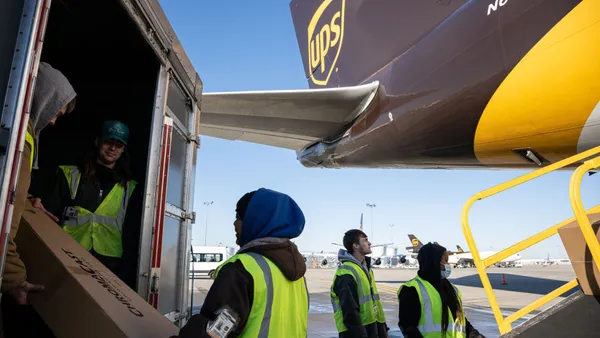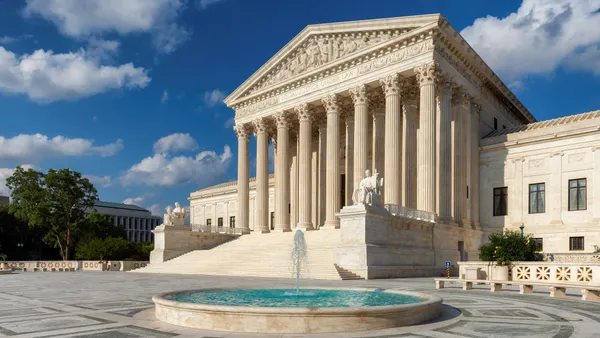Dive Brief:
- From taking a credit recovery or dual enrollment course to learning to weld or joining a drumline, students in the School District of Philadelphia can choose from a variety of expanded summer program options to mitigate learning loss, support credit recovery and explore new interests and skills.
- The district has broadened its program capacity to serve up to 25,000 students — 2,000 more than last year — over six weeks this summer.
- A 2025 report from the Learning Policy Institute points to positive outcomes, including higher reading and math achievement and improved mental health and school engagement, from well-implemented and well-attended summer enrichment programs.
Dive Insight:
Summer learning remained a top priority for COVID-19 emergency funds in 2024, and despite federal pandemic funding ending this year, many districts remain committed to sustaining these efforts. According to a survey released by the National Summer Learning Association and AASA, The School Superintendents Association, more than 8 in 10 superintendents said their district plans to maintain or increase access to summer learning this year.
In the School District of Philadelphia, this year’s summer programming is fully covered by operational funds. Ensuring the sustainability and expansion of programs offered last year was a top focus for the district, according to Randi Davila, assistant superintendent in the district’s Office of Student Life.
“We understand the importance. We understand what the research says about high-quality programs during the summer months and the benefits that they have on students and on our families, so we have operationalized the programs,” Davila said.
Over the past years, the Philadelphia district has undertaken various efforts to improve students’ academic outcomes. The district’s 9th Grade on Track initiative is credited with helping to boost high school graduation rates by 10.2 percentage points over the last seven years. In 2023, the district also approved the “Accelerate Philly” strategic plan to emphasize academic achievement, student well-being and community engagement.
Davila called the summer programming essential to achieving the “Accelerate Philly” goals.
Summer programs are designed by the same departments that support instruction during the school year, which means that they can be intentionally designed to build upon and accelerate school-year learning, Davila said. This gives students additional time to deepen their understanding and apply academic knowledge.
One such offering, Career and Technical Education Summer Camps, expose middle school students to CTE opportunities that they could pursue during the school year. These CTE camps are expanding to six school sites this summer, up from only one last year, said Marina Byrne-Folan, executive director of implementation and progress monitoring in the district's Office of Student Life.
Other programs like drumline and jazz can immerse students in environments they might not otherwise experience, said Byrne-Folan.
For other districts interested in curating strong summer programming, Davila emphasized the importance of working to eliminate barriers. She recommends engaging with different stakeholders and understanding the challenges that might keep parents and students away from summer programs.
“Don't just throw it together to say you did it, but truly understand what's working well and how you leverage what's working well,” Davila said.
Partnerships are also helpful. The Philadelphia district, for example, collaborates, with the city’s Office of Children and Families, the Mann Center for the Performing Arts, local colleges and community-based partners that provide valuable resources and expertise, according to Davila and Byrne-Folan.
“We really could not do the work that we do without our city and community partners, so investing in those collaborations is a really great use of time and resources,” Byrne-Folan said.











